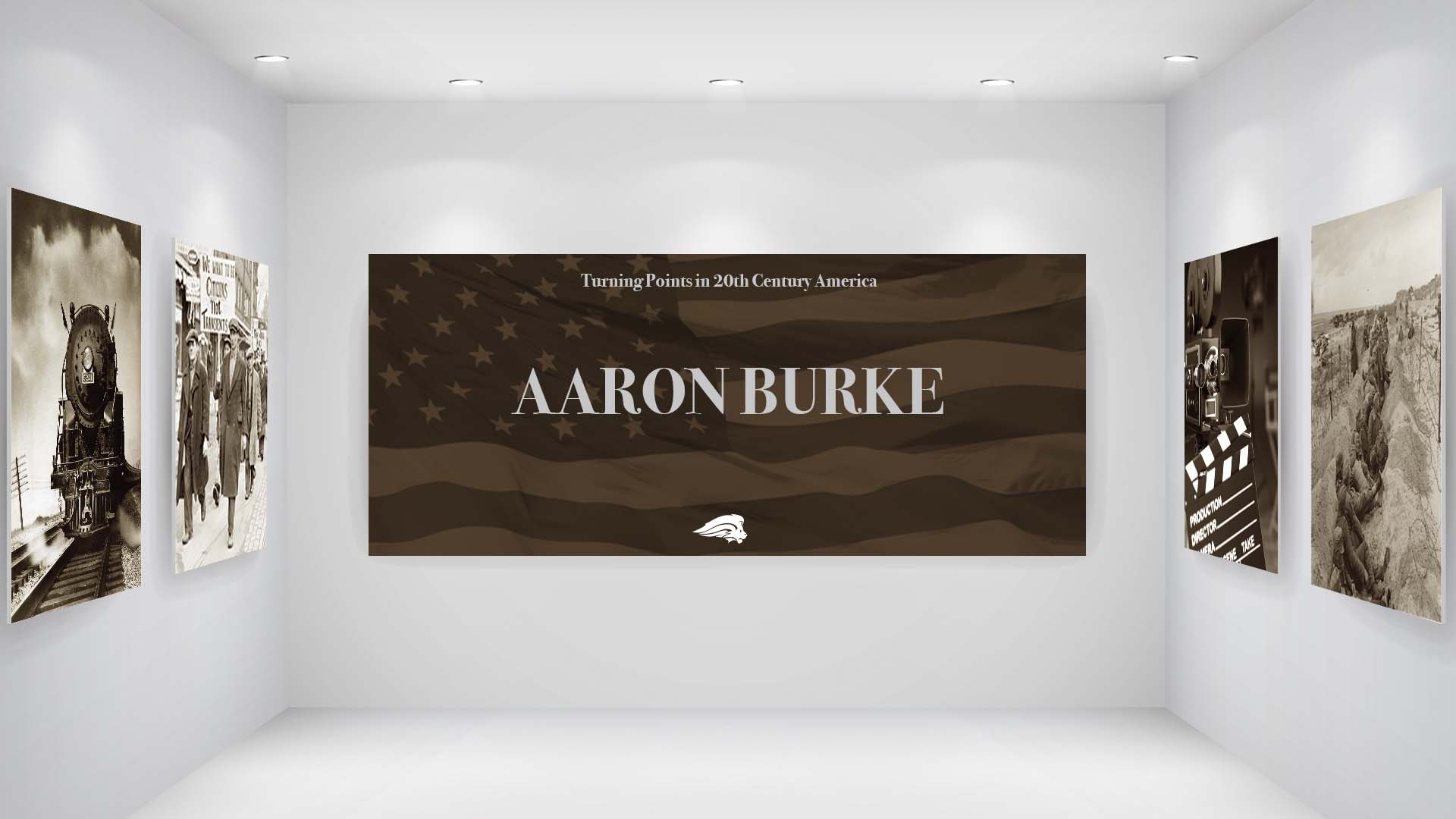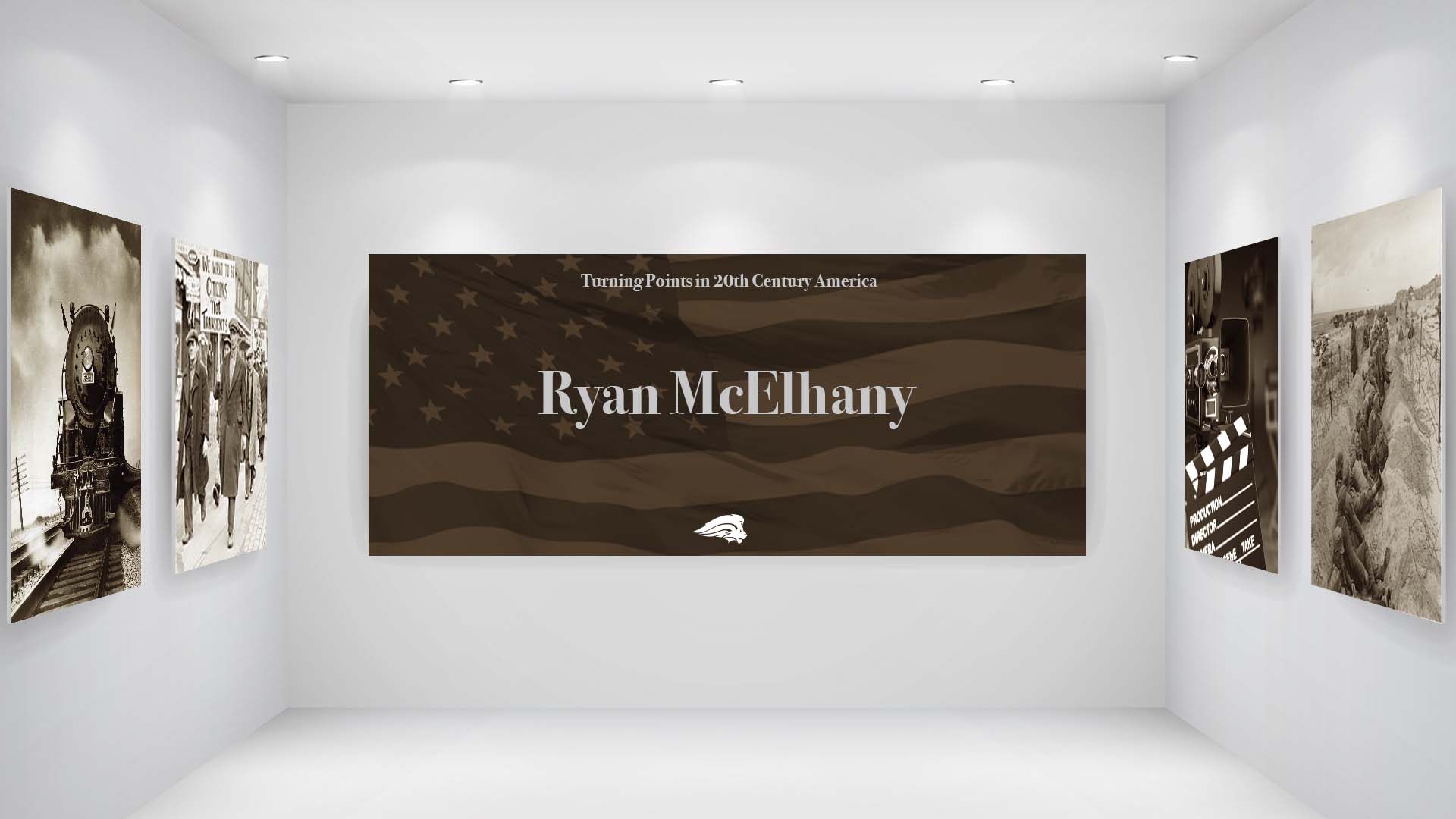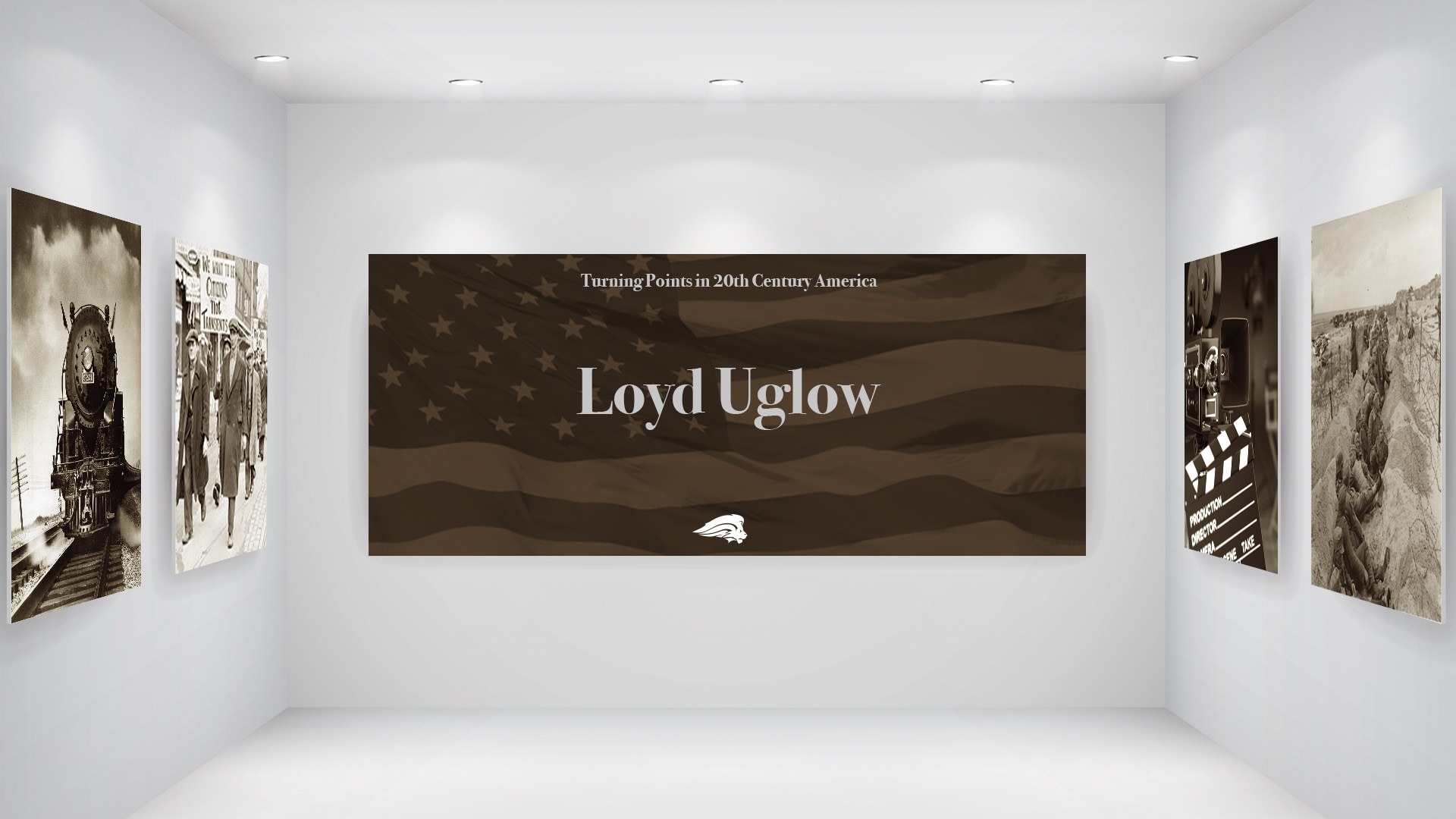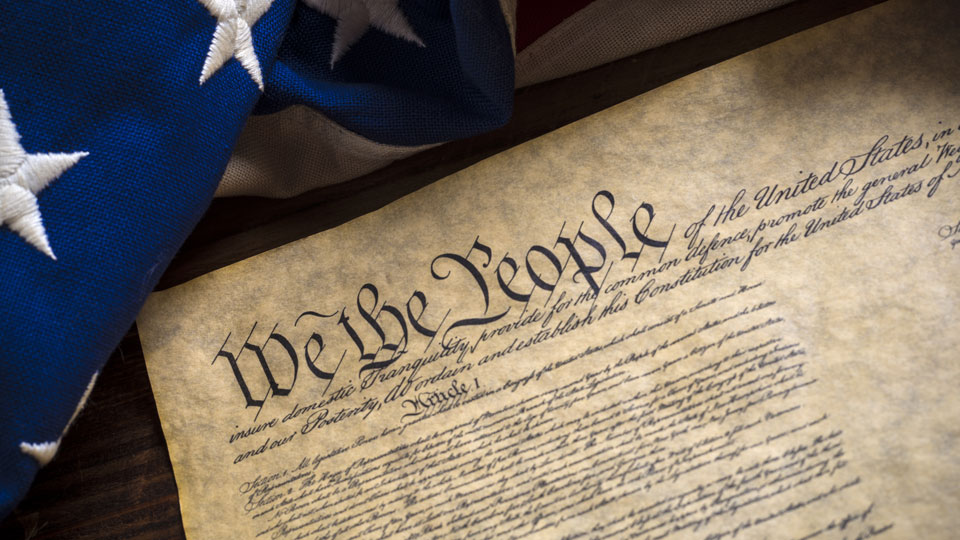In pursuit of our goals and dreams, we often fail to achieve a balance between work and life. We need the work to pay for the life we want, but often the career or job that’s funding our lifestyle gobbles up our life time. It’s difficult to maintain an equilibrium that satisfies both ends of the scale. If your one of the billions of people trying to reach your goals while teetering on the high wire of work and life here are 10 simple tips that you can use to help achieve greater work-life balance.
On the first day of my “Introduction to Marketing” class, I ask my students to market themselves in three words. I have students that react by looking shyly to the side and providing generic answers such as “I’m nice” or “I’m quiet.” I have students that take the opportunity to make the class laugh with a creative answer. Occasionally, I will have a student push the boundaries and ask if they can use more than three words. My response is always, “Yes!”
You may ask, why should we care about our ability to communicate? Well, that’s easy. We should care because we want others to understand what we mean. We want to improve our relationships. We want to make sure things get done and in many cases, we want to advance our careers. One of the job skills employers desire most is effective communication. When people communicate effectively, they can build a productive working relationship, solve problems, supervise others, and create trust in the workplace.
In Spring 2016, the history department hosted the seminar “Turning Points in 20th Century America.” Topics included legal issues, economics, marketing, history, music, church history, Christian film making and social activism. Aaron Burke, J.D., speaks about two historic legal cases, Plessy vs. Ferguson (1896) and Brown vs. the Board of Education (1954), and their effects on American society.
In Spring 2016, the history department hosted the seminar “Turning Points in 20th Century America.” Topics included legal issues, economics, marketing, history, music, church history, Christian film making and social activism. Ryan McElhany, MBA, explains the evolution of marketing, advertising and advertising law throughout the 1900s.
In Spring 2016, SAGU’s History Department hosted the seminar “Turning Points in 20th Century America.” Topics included legal issues, economics, marketing, history, music, church history, Christian filmmaking and social activism. In this video, Dr. Loyd Uglow, explains how automobiles evolved throughout the 1900s and how they began to change America.


















